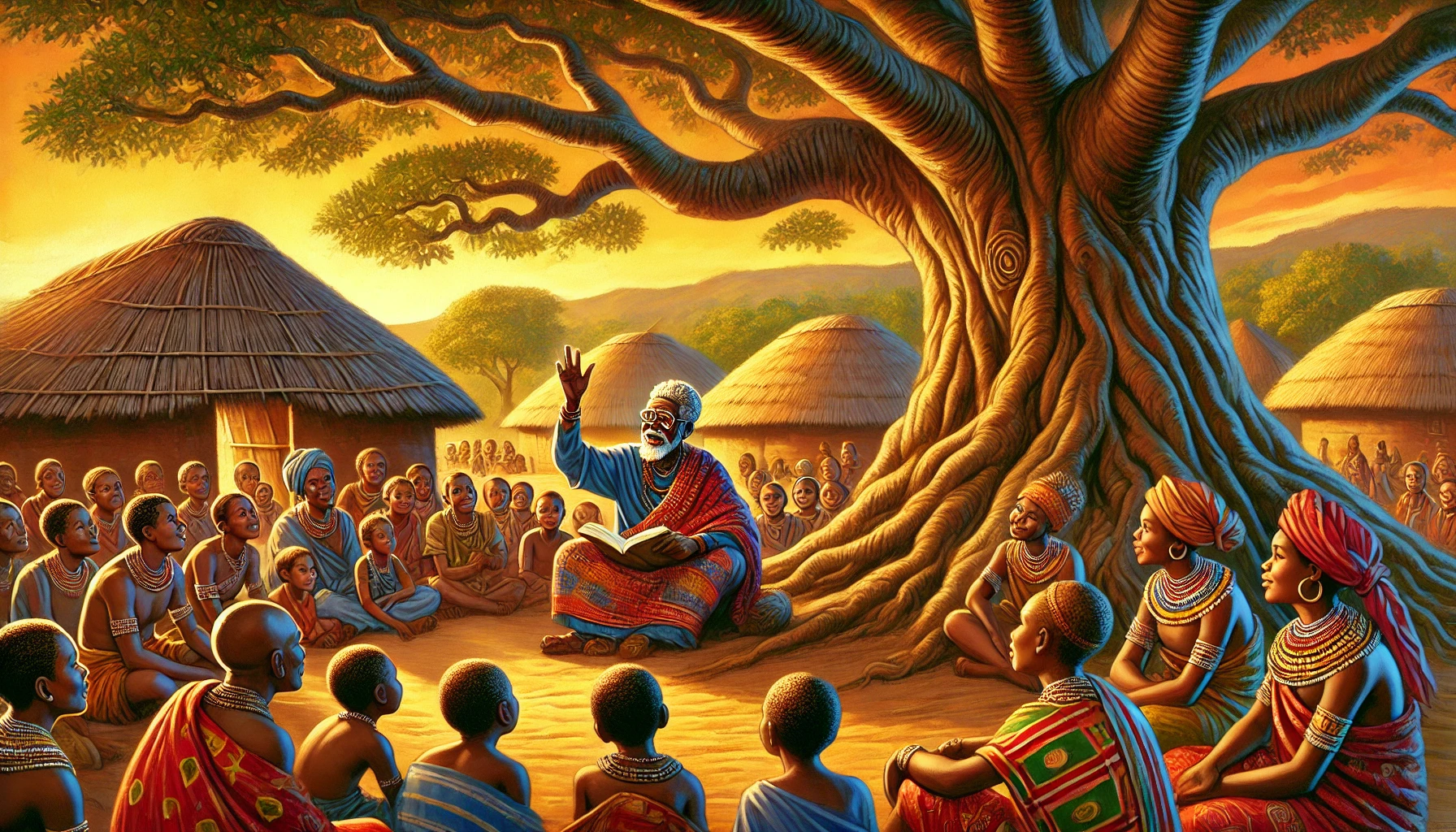On Remin.site, we believe that death is not the end — it is the beginning. Your memories, your ideas, your life — they are more than fleeting moments. They are threads in a larger tapestry, connecting you to generations before and after. In this article, we explore the psychology of belonging and how the stories of our ancestors shape our sense of identity, purpose, and place in the world.
Introduction: Why Belonging Matters
At our core, we are wired to belong. Whether it’s to a family, a community, a culture, or a story — that sense of connection is not a luxury; it’s a psychological necessity. Belonging gives us roots, context, and a deeper understanding of who we are.
In a world spinning faster by the day, many of us feel unanchored — cut off from the past, unsure of where we fit. Yet, the answer often lies in something surprisingly simple: our ancestral stories.
“Those who tell the stories rule society.” — Plato
Understanding the lives of those who came before us doesn’t just satisfy curiosity — it builds resilience, heals trauma, and reclaims identity.
The Deep Human Need for Belonging
Psychologists like Baumeister and Leary have long emphasized that the need to belong is a fundamental human motivation. It’s as critical as food or shelter. Without it, we suffer — emotionally, spiritually, even physically.
- Belonging reduces anxiety and depression
- It increases empathy, cooperation, and social cohesion
- It provides a buffer against trauma and loss
But belonging isn’t just about present connections — it’s about ancestral connection too. When we know where we come from, we walk the world differently. With more confidence. More clarity. More courage.
Belonging vs. Fitting In: A Psychological Contrast
There’s a profound difference between belonging and simply fitting in. Fitting in is surface-level — it requires conformity. Belonging, on the other hand, is soul-deep. It allows us to be fully ourselves while remaining connected to something bigger than us.
When people understand their ancestral story, they often report feeling:
- More grounded during life transitions
- Less overwhelmed by failure or criticism
- More committed to passing on values and traditions
The Power of Ancestral Stories
So, how do ancestral stories fuel the psychology of belonging?
They give us more than just names and dates. They offer meaning. They remind us that we are not starting from scratch — that we are part of a living chain of memory and legacy. Stories are the emotional architecture of our identity.
Oral Traditions and Collective Memory
Across cultures, oral storytelling has preserved identity for millennia. Before DNA tests or archives, stories passed down by elders were the only bridge between generations. And they still hold unmatched power today.
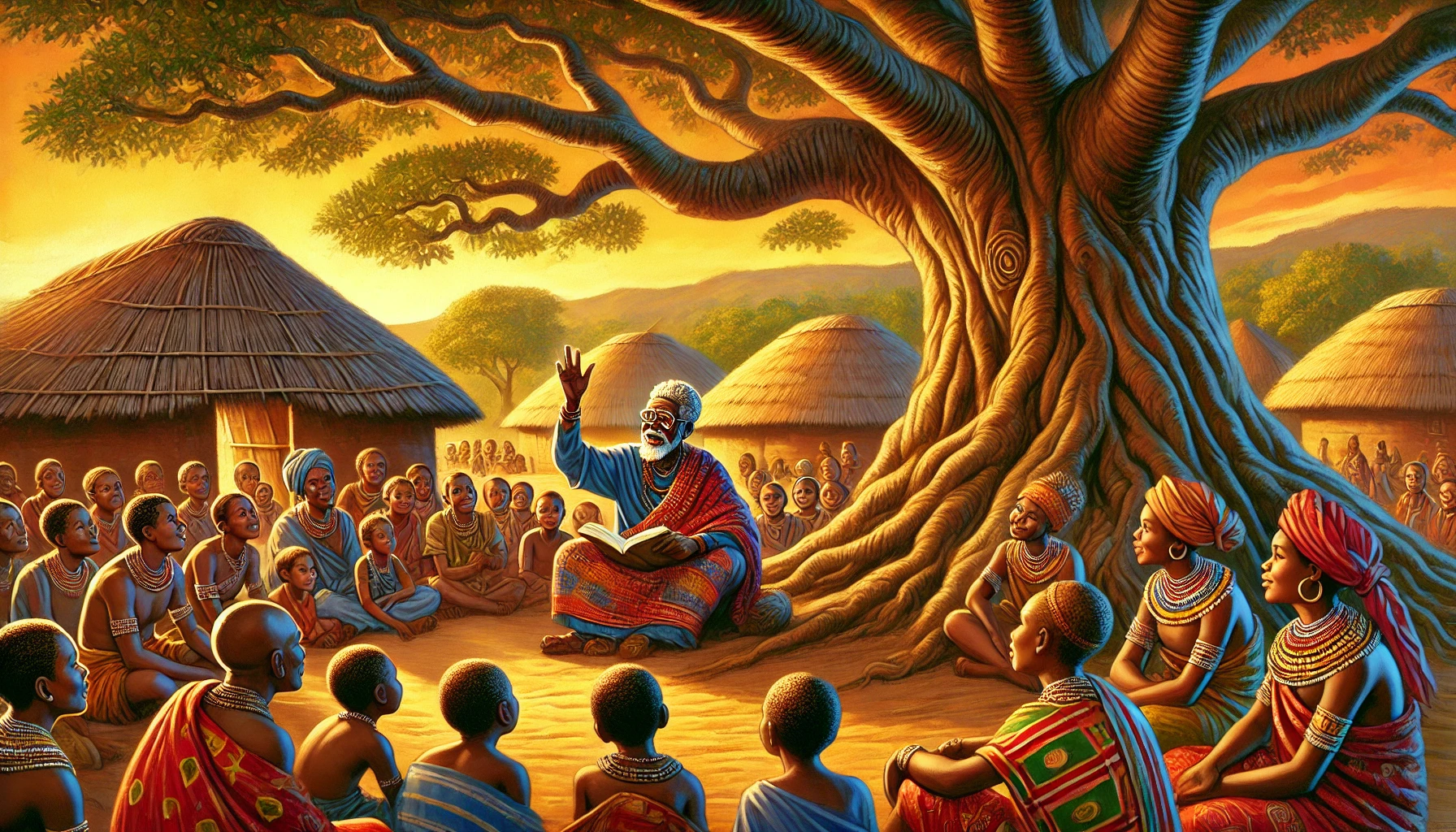
Under the shade of ancient trees or around fire circles, these stories not only entertain — they educate, warn, inspire, and bind communities together.
Case Study: African Storytelling Traditions
In many African cultures, griots — storytellers and historians — are respected keepers of community memory. Their role goes beyond reciting lineage. They are the guardians of wisdom, values, and spiritual continuity.
This tradition reflects a broader truth: storytelling is not just about the past — it’s a way to shape the future. That’s exactly why we built Remin.site: to help preserve and pass on your unique narrative in meaningful, lasting ways.
Genealogy and Narrative Identity
Modern tools like DNA testing or online family trees have made it easier than ever to trace our lineage. But it’s not just about finding out you’re 7% Viking. It’s about discovering patterns, decisions, migrations — the very fabric of who you are.
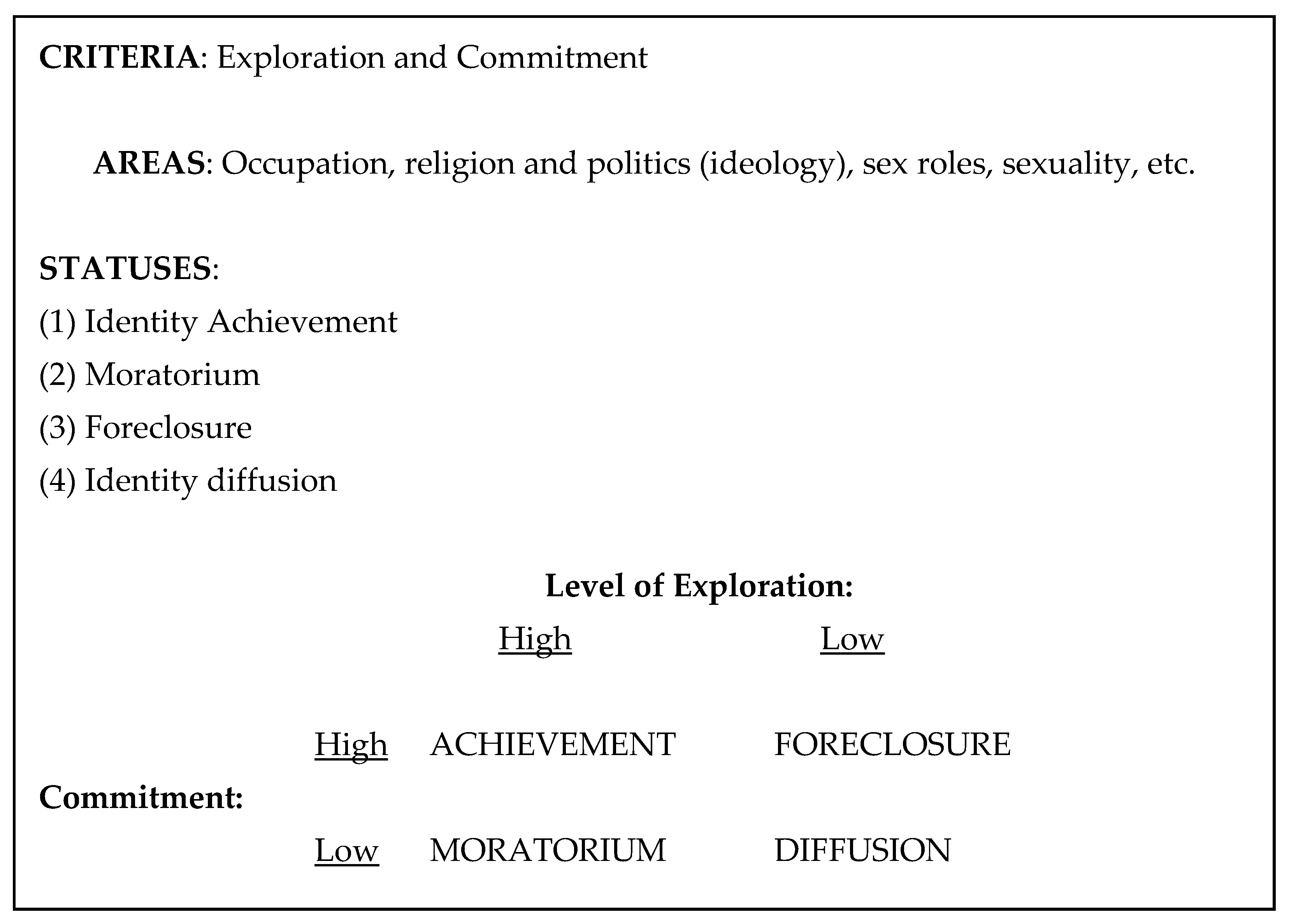
This is where narrative identity comes in. As researcher Dan McAdams suggests, we make sense of our lives by building a story of self — one that often begins before we were born.
How Family Trees Build Psychological Roots
One powerful study from Emory University found that children who know more about their family history have:
- Higher self-esteem
- Greater emotional resilience
- Stronger family functioning
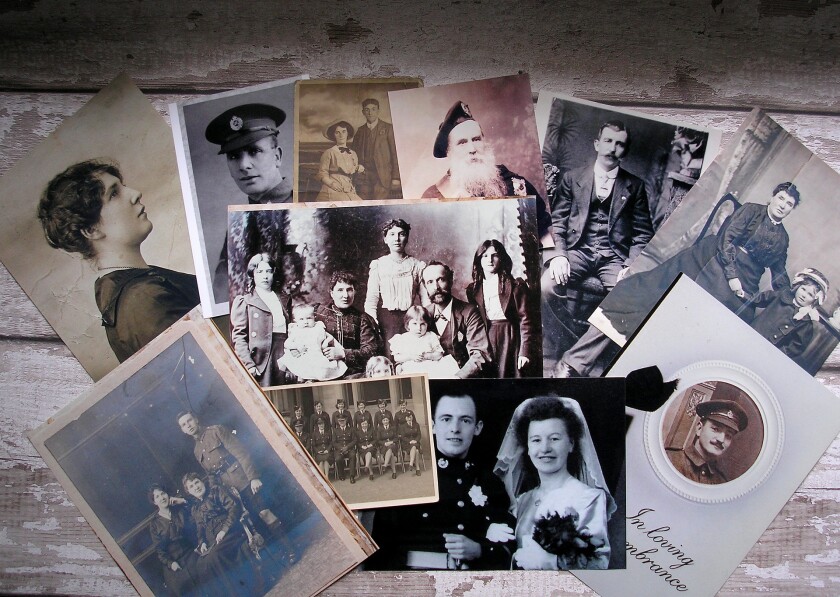
These children are more likely to say things like, “I’m part of something bigger.” That belief changes everything — especially in moments of loss or crisis.
Psychological Benefits of Knowing Your Story
Knowing your family’s story — not just the good, but the struggles too — builds a kind of psychological muscle. It reminds us: we’ve survived before. We can do it again.
From our experiences on Remin.site, people who preserve and reflect on their ancestral narratives report deeper personal insight and a heightened sense of legacy.
Greater Resilience and Self-Esteem
When you realize that your grandfather crossed mountains, your grandmother started a business with nothing, or your great-aunt resisted colonial oppression — suddenly, your own problems shrink. You tap into a well of quiet strength.
“Knowing your story doesn’t change the past. But it does change your relationship to it.” — Anonymous Remin.site user
This emotional anchoring provides:
- Perspective during hardship
- Purpose during confusion
- Peace during grief
Intergenerational Healing Through Storytelling
Many families carry unspoken pain — war, migration, loss, betrayal — experiences that echo across generations. This is what psychologists refer to as intergenerational trauma. But here’s the good news: stories can heal.
Sharing and understanding these inherited narratives can break the cycle. They give shape to the shadows we’ve long carried without names. They help us grieve, forgive, and grow.
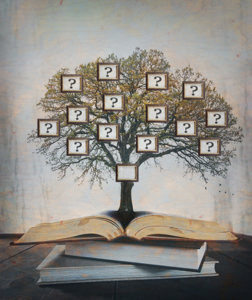
At Remin.site, we’ve seen this healing firsthand — through memory capsules, recorded messages, handwritten notes, and digital family timelines. When we tell our stories, we don’t just remember — we mend.
Digital Age vs. Ancestral Connection
We are more connected than ever — yet more isolated than ever, too. In the age of social media, fast content, and constant distraction, many of us feel… rootless.
Technology and the Rise of Disconnection
Our feeds are full. But our sense of meaning? Often empty. The constant scroll leaves little room for reflection, silence, or legacy. It’s easy to forget the shoulders we stand on when all we see are highlight reels.
And still — within that same technology lies a possibility. A chance to reconnect with our ancestors, not just biologically, but emotionally and spiritually.
That’s the mission of Remin.site: using technology to preserve what matters most, not what trends. Because belonging doesn’t expire in a 24-hour story. It’s eternal.
Reclaiming Identity in a Fast-Paced World
So how do we balance modern life with ancestral memory?
- We slow down.
- We ask deeper questions.
- We look backward, not to get stuck, but to move forward with clarity.
Programs like family therapy, cultural retreats, and memory-sharing circles are on the rise. And platforms like Remin.site offer digital tools to preserve these stories so they’re never lost — only carried forward.
How to Reconnect with Your Ancestral Story
You don’t need to be a historian or a genealogist. All you need is curiosity and heart. Here are some ways to begin:
1. Ask Questions and Document Oral History
Call your grandparents. Visit that old neighbor. Listen with your whole being. Record their stories — not just names and dates, but feelings, dreams, fears.
At Remin.site, we encourage users to build “Family Memory Capsules” — a space to safely store stories, letters, voice memos, even favorite recipes.
2. Use Genealogy Tools and Archives
There’s a wealth of online tools that help trace your roots, like:
But beyond databases, remember to ask about family myths, nicknames, migrations. Often the magic lives in what isn’t written down.
3. Engage in Cultural Traditions and Rituals
Do you know the songs your ancestors sang? The dances? The seasonal rituals?
Reintroducing these traditions — even in small, modern ways — helps bridge the past with the present. Light a candle. Cook a dish. Tell a bedtime story your great-grandmother once heard.
Conclusion: Belonging is a Story We Inherit and Shape
At the heart of it all, the psychology of belonging isn’t about being accepted. It’s about remembering who we already are. And we are stories — layered, lived, and passed down.
“Death is not the end. It is the beginning.” — Remin.site Manifesto
When you preserve your memories, when you record your journey, you’re not just documenting a life. You’re leaving a light — a guide — for those who come after. Your story becomes their root. Your truth, their anchor.
On Remin.site, you don’t just save your legacy. You become a part of something timeless. Because in the end, to belong is to be remembered — and to remember.
Frequently Asked Questions (FAQs)
What is the psychology of belonging?
It refers to the deep human need to feel accepted, valued, and connected — not just to people, but to place, purpose, and story. It’s essential to emotional well-being.
How do ancestral stories influence mental health?
They enhance resilience, provide identity, reduce anxiety, and create a stronger sense of purpose by connecting individuals to something larger than themselves.
Is Remin.site a genealogy tool?
Not exactly. It’s more personal. While it can support genealogy, Remin.site is designed to preserve the emotional, creative, and spiritual aspects of your story — so it can be passed down in meaningful ways.
Can storytelling really heal trauma?
Yes. Studies in narrative therapy and intergenerational psychology show that processing and sharing stories helps individuals understand, reframe, and heal from inherited wounds.
How do I get started on Remin.site?
Simply create an account, choose your memory capsule type, and begin uploading your thoughts, files, and legacy materials. The story of you starts now.
